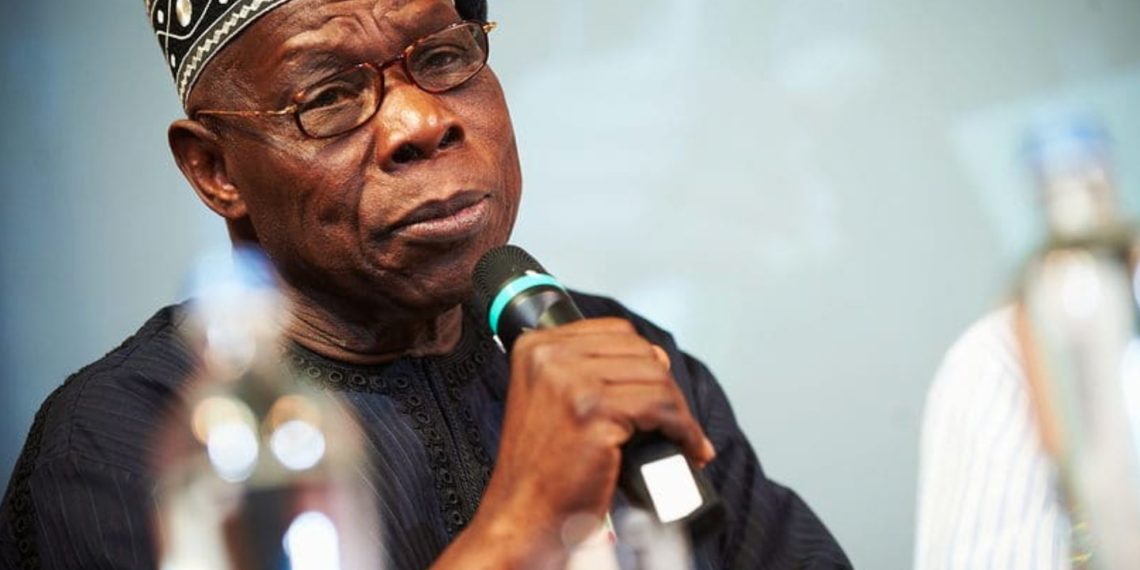Former President Olusegun Obasanjo has warned the Nigerian government to take swift action in reducing out-of-school children or risk having potential 20 million Boko Haram members.
Obasanjo said this while speaking at the National Summit on Tertiary Education Reform organized by the House of Representatives in Abuja on Tuesday.
The summit which was held in Abuja was conceived to provide answers to the incessant industrial actions by the Academic Staff Union of Universities (ASUU).
Former President Obasanjo, in his speech, said the government must devise innovative means to reduce out-of-school children. He added that there is a need to emphasize primary and secondary education in the country.
The former president said Nigeria missed the target for reducing out-of-school children.
“We missed the road when the whole world was talking of education for all and we did not follow that. It was a bad miss.
“Education for all! We even had a target date globally. Today, out of the 244 million children out of school, we have 20 million – almost 10 per cent. We continue to miss and we are missing. That is a very bad one,” he said.
Obasanjo said children without access to basic education may not be considered part of nation-building.
“They cannot be part of nation building because they have not had the opportunity to develop their innate capacity to the extent that they can be useful to themselves, to their family and to their community, let alone the nation,” he stated.
READ ALSO: Security Operatives Foil Robbery Attempt on Bullion Van in Anambra State
Also speaking at the event, the Speaker of the House of Representatives, Femi Gbajabiamila warned In his welcome remarks that the issues that led to the eight-month strike by ASUU are yet to be resolved.
He informed the audience that the House seeks to get answers to resolving the crisis in the tertiary education sector.
“The end of the strike did not mean all the issues of funding, education standard, and student and staff welfare had been resolved. At the time, I called for the government, universities, unions, and citizens to see the moment as an opportunity to begin the critical conversation about the future of public tertiary education in the country,” he said.
Mr Gbajabiamila also called on the Senate to pass the students’ loan bill that is awaiting concurrence before the end of this administration.


